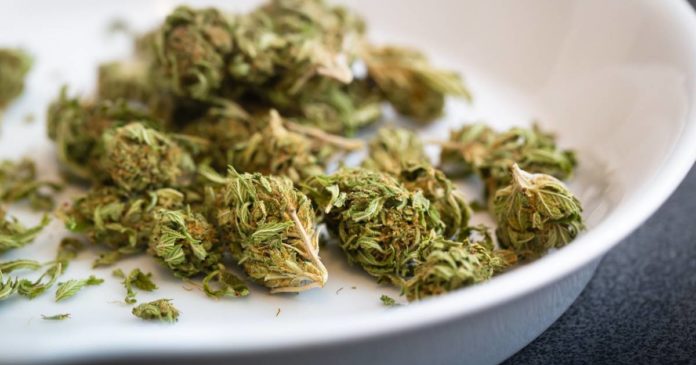The number of qualified patients with an active ID card for Florida’s medical cannabis program has grown significantly over the past year.
The Florida Medical Marijuana Legalization Initiative (Amendment 2) received the green light from the state’s voters back in November 2016 after 71.32% supported the use of marijuana for debilitating medical conditions. Prior to this, nearly 700,000 Floridians petitioned to have the issue of legalizing medical marijuana on the ballot.
The program kicked off permitting concentrates and oils, tinctures, capsules and rubs. Then in March 2019, a bill was passed to allow smokable medical marijuana to be sold to registered patients.
The Florida Department of Health governs medical marijuana in the state and the program is overseen by the Office of Medical Marijuana Use (OMMU).
OMMU regularly releases statistics on the program. According to an update posted late last week, there were 661,496 qualified patients with an active ID card at that point. That works out to be one registered patient for every 32 people in Florida (entire population). OMMU’s update on January 15 last year indicated 465,426 registered patients, so the number has grown by around 42% over the last 12 months.
Registered patients in Florida are serviced by dispensaries called medical marijuana treatment centers (MMTCs). These are vertically integrated businesses licensed to cultivate, process and dispense low-THC cannabis and medical marijuana in the state. Low-THC cannabis is considered dried cannabis flower containing 0.8 percent or less tetrahydrocannabinol and more than 10 percent cannabidiol weight for weight.
As at January 14, 2022, there are 398 dispensing locations throughout Florida, the majority of which are operated by just four companies – Trulieve (111), Liberty Health Sciences (44), Curaleaf (43) and AltMed Florida (MüV – 41). Around the same time in January last year, there were 309 dispensing locations throughout the state.
In order to be eligible for a medical marijuana card, a patient must be diagnosed with a qualifying medical condition by a qualified physician. As at January 14, there were 2,849 qualified physicians across the state, up from 2,733 in mid-January last year.
Further information on Florida’s medical marijuana program can be found here.


